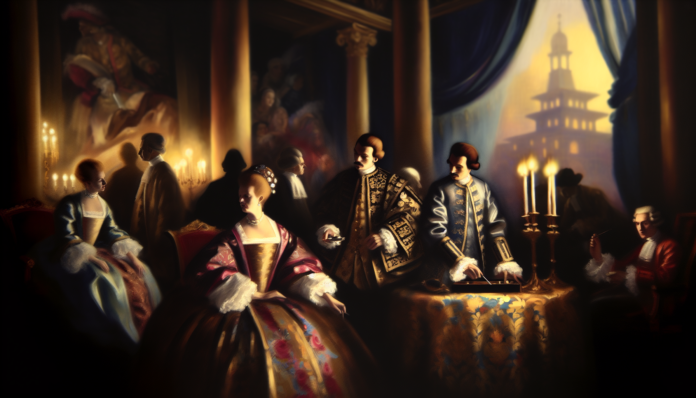Introduction
Royal scandals have long captivated the public’s imagination, but few have stirred the pot quite like the affairs and controversies surrounding the British monarchy. From King Edward VIII’s abdication over love to the modern-day revelations concerning Prince Andrew, these scandals reveal the interplay between love, lust, and duty. The 20th and 21st centuries were characterized by societal shifts that challenged traditional moral standards, making the reactions to these scandals even more intriguing.
The Scandal: Edward VIII and Wallis Simpson
One of the most significant royal scandals of the 20th century unfolded in the late 1930s: King Edward VIII’s passionate affair with American divorcée Wallis Simpson. The British monarchy was governed by stringent moral codes, which dictated that the king could not marry a woman who had been divorced—especially one with two living ex-husbands.
When the romance became public, it shocked the British establishment. Edward’s desire to marry Simpson, whom he called “Wally,” led him to make the fateful decision to abdicate in December 1936. This marked the first time a British monarch voluntarily renounced the throne for love—a move that still echoes through history.
Key Events and Reactions
- 1920s Affair: Edward and Simpson’s relationship began when she was still married, setting the stage for potential scandal early on.
- Public Outcry: Media outlets of the time reacted with outrage and disbelief. The Daily Mail described Simpson as “the American who stole our king.”
- Abdication Crisis: Edward made a radio broadcast on December 11, 1936, stating, “I have found it impossible to carry the heavy burden of responsibility and to discharge my duties as king as I would wish to do without the help and support of the woman I love.”
The abdication was met with mixed emotions. While many in the public admired Edward’s commitment to love, traditionalists were horrified, fearing that such choices undermined the monarchy’s sacred authority.
Moral and Cultural Analysis
Societal Reaction
The scandal’s response was deeply polarized. On one hand, Edward was hailed as a romantic figure willing to forsake everything for love. On the other, royalists viewed his actions as a betrayal of duty, harming Britain’s stability amid rising global tensions.
- Consequences for Edward: Edward was given the title of Duke of Windsor but became sidelined in royal matters. He faced ongoing scrutiny and was often portrayed negatively in the press.
- Wallis Simpson: Simpson became the Duchess of Windsor but was often shunned by royal circles. Her image oscillated from villain to victim, revealing the complexities of public perception.
The Modern Perspective
In today’s context, Edward’s choices might be seen through a lens of personal freedom and the right to love whom one chooses, suggesting a shift in societal values. Today’s public might celebrate similar actions, relating to a broader commitment to individual rights over societal expectations.
- Comparison: Younger generations increasingly value authenticity and personal happiness over tradition, making Edward and Simpson’s story resonate differently today.
The Prince Andrew Scandal
Fast forward to the 21st century, where Prince Andrew’s association with convicted sex offender Jeffrey Epstein has become a modern scandal of epic proportions. The allegations surrounding Andrew have not only tarnished his reputation but have also stirred public debates regarding privilege, accountability, and the royal family’s relevance in contemporary society.
Key Events and Reactions
- Accusations: Virginia Giuffre accused Andrew of having sex with her when she was a minor. The revelations sparked outrage worldwide, raising questions about the royal family’s involvement with Epstein.
- Public’s Response: The public showed a mix of shock and disdain, with many campaigns calling for Andrew to be stripped of his royal titles.
Consequences for Andrew
- Royal Fallout: Andrew has stepped back from royal duties indefinitely. The fallout included losing patronages and facing intense public scrutiny, underscoring a shift toward more significant accountability for public figures.
Modern Value Perspectives
What once was tolerated—especially among the elite—would not stand in today’s age of heightened awareness surrounding consent and abuse. The juxtaposition of Edward VIII’s scandal with that of Prince Andrew illustrates the evolving moral compass of society. Where romance and abdication once drew admiration, allegations of exploitation spark outrage, reflecting society’s growing insistence on accountability and justice.
Through these royal scandals—separated by decades—we see not only the timeless themes of love and desire but also societal evolution in understanding morality, privilege, and consequence.

